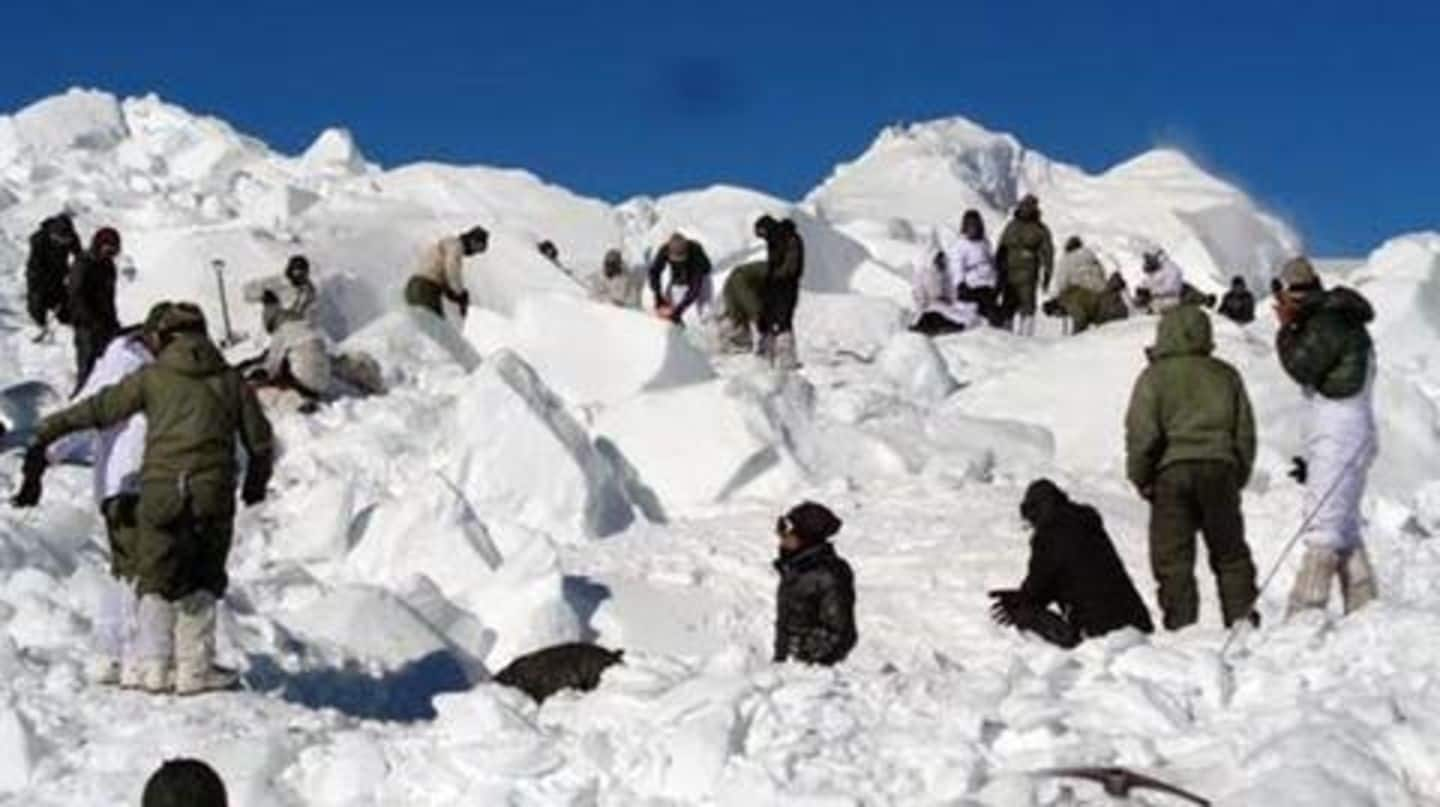
Siachen Soldiers won't have to wait 90-days for a bath
What's the story
Soldiers deployed in Siachen glacier may soon be able to bathe during their three-month posting, courtesy waterless hygiene products. Water is a scarce resource at posts located at a height of up to 21,700 feet. Moreover, melting ice isn't a feasible option so soldiers go for 90 days without taking a bath. But these indigenously-developed products could change their stay at the difficult terrain.
Products
The items were termed useful by soldiers who tried them
Kolkata-based Eastern Command, which guards the glacier and prevents invasion, has placed an order for these products, HT reports. One of the officials said the products were termed useful by soldiers posted along Line of Actual Control with China in the Northeast. After the feedback, the Eastern command ordered hundreds of bottles for soldiers deployed at high-altitude areas, including Siachen glacier.
The glacier
Surviving at Siachen isn't child's play
At any given point of time, 3000 army personnel stay at Siachen glacier. They brave adversities where the temperature can go as low as minus 60-degree Celsius. Almost 80% of the posts are located above 16,000 feet and the farthest post is at a height of 21,753 feet. An official said the waterless products will let soldiers bathe twice a week.
Information
The products were developed by IIT-Delhi
An officer, who has served at the glacier, welcomed the step. "It is a great move from the point of view of personal hygiene," he said. Soldiers would need just 20 ml for a complete body wash of the product developed by IIT-Delhi.
Problems
Separately, body works to identify and solve Indian army's problems
Notably, in 2016 The Army Design Bureau (ADB) was inaugurated to bridge the gap between the private sector and the army. It intends to promote research and come up with indigenous solutions for problems faced by army personnel. In three different reports, the body identified 130 problems, including a drop in engine performances of tanks and hindrance of movements in high-altitude areas.